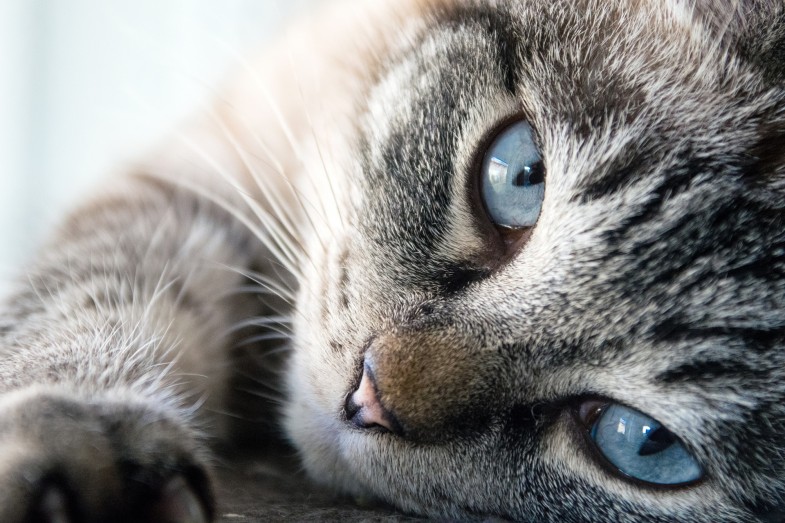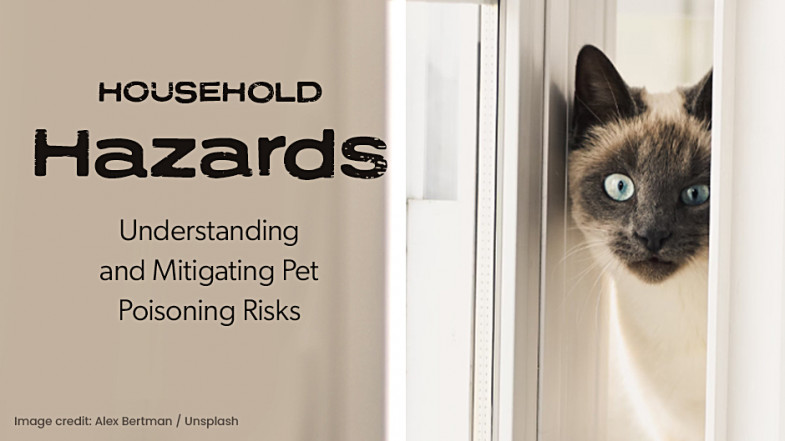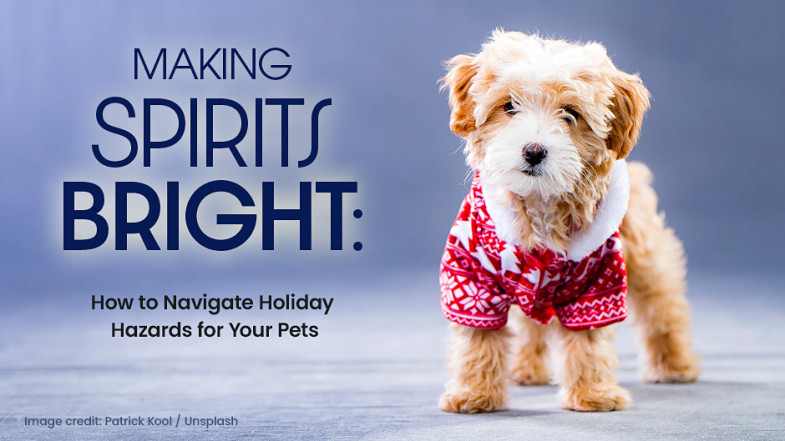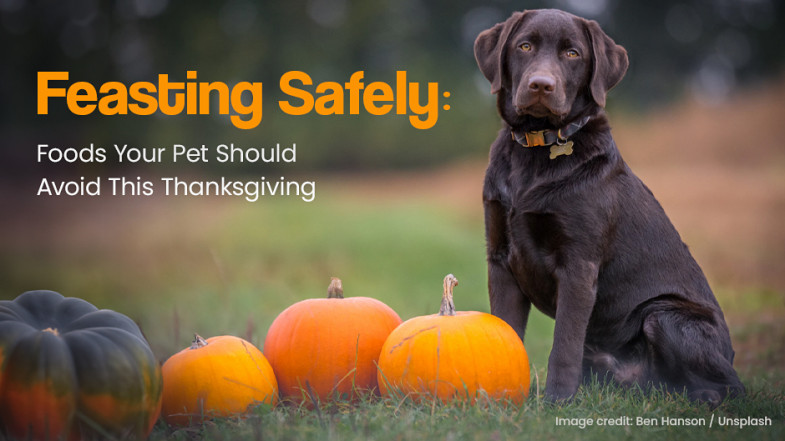Your Veterinary Clinic Blog
Preventing and Treating Hot Spots

Acute moist dermatitis, more commonly known as hot spots, occurs due to a bacterial infection on your pet’s skin. Your dog or cat will naturally bite, chew, lick or scratch his skin in response to an irritant. Unfortunately for your pet, this tends to increase rather than decrease his discomfort. Anal gland disease, allergies to fleas or food ingredients, mange, tick bites, and inadequate grooming are the primary causes of hot spots in companion animals.
Hot, humid weather can cause excess skin moisture that in turn causes hot spots to develop. It’s especially important to check your pet’s skin for evidence of hot spots now that the weather is consistently warm.
How to Recognize Hot Spots
If your dog or cat has developed hot spots, she will exhibit at least a few of these symptoms
- Lesion that appears red or raised
- Unexplained swelling
- Constant licking or chewing a certain spot of her skin
- A red or brown color around the hot spot
- Unpleasant smell coming from the affected area
- Pus and oozing
- Displaying obvious signs of discomfort or pain
Preventing and Treating Hot Spots
Keeping your pet’s skin healthy is the easiest way to prevent him from developing hot spots. We recommend using year-round flea and tick protection in addition to grooming his coat regularly. Matted fur traps moisture and can attract fleas, ticks, and other parasites. Occasionally, a pet may have a behavioral issue that causes the biting, scratching, and licking that leads to hot spots. If that’s the case with your pet, speak to our veterinarians to help determine what could be causing the unwanted behavior. They are happy to recommend a specific product to prevent parasites as well.
We encourage you to contact us right away if your pet displays any of the potential signs of hot spots described above. Our telephone number is (844) 654-6876.
Categories
Recent Posts

Owning a pet offers immeasurable joy, companionship, and love. However, it also comes with the responsibility of ensuring their safety and well-being. Many common items found in our homes could pose significant poisoning risks to our furry companions. By understanding these hazards and how to prevent them, we can create a safer environment for our pets.

The holiday season is a time of joy and celebration, but it can also bring unexpected challenges for pet owners. As a veterinary team, we've seen our fair share of holiday-related pet emergencies, from tinsel ingestion to Christmas tree accidents. But with a little bit of preparation and foresight, you can help keep your pet friends safe and healthy this holiday season. In this blog, we'll share some common holiday hazards for pets and offer practical tips for avoiding them.

As Thanksgiving approaches, we all prepare to indulge in festive treats and a hearty Thanksgiving meal. But as pet owners, we must remember that our furry friends should not indulge in the same way. This Thanksgiving, we have compiled a list of foods your pet should avoid. Read on to learn how to keep your pets safe while you enjoy a delicious feast.
Comments